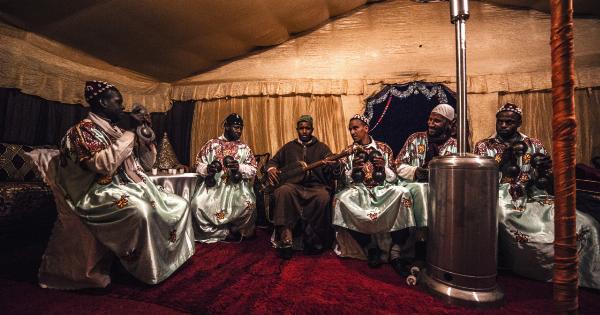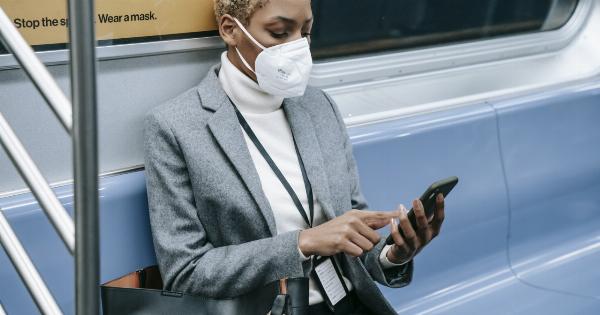Meningitis B is a rare but serious infection that can lead to severe complications, such as brain damage, hearing loss, and limb amputation.
While the disease is not as common as other vaccine-preventable illnesses, such as measles or chickenpox, it can still be deadly to those who contract it, especially children. Despite the availability of vaccines, cases of meningitis B continue to occur. As such, it’s important for parents to vaccinate their children against this deadly disease.
What is Meningitis B?
Meningitis B is a bacterial infection caused by Neisseria meningitidis. It is one of the leading causes of bacterial meningitis, a serious infection that affects the brain and spinal cord membranes.
Although meningitis B is not as common as other types of meningitis, it can still be potentially deadly. According to the Centers for Disease Control and Prevention (CDC), meningitis B outbreaks can occur in closed communities, such as college campuses or military barracks, and can lead to severe illness, such as sepsis and meningococcal disease.
What are the Symptoms of Meningitis B?
The symptoms of meningitis B can often be mistaken for the flu or a cold. However, meningitis B is a very serious illness that can develop quickly. Some of the common symptoms of meningitis B include:.
- Fever
- Headache
- Nausea or vomiting
- Stiff neck
- Confusion
- Sensitivity to light
- Poor appetite or refusing to eat
- Skin rash
- Seizures (in severe cases)
If your child has any of these symptoms, it’s important to seek medical attention immediately, as meningitis B can cause serious complications if left untreated.
How is Meningitis B Transmitted?
Meningitis B is transmitted through respiratory and throat secretions, such as saliva and mucus.
The bacteria can be spread through close contact with an infected person, such as kissing, sharing utensils or drinks, or living in close quarters with someone who is infected. Meningitis B can also be spread through coughing or sneezing.
Who is at Risk for Meningitis B?
Anyone can contract meningitis B, but certain groups of people are at a higher risk of developing the disease:.
- Infants and young children
- Teenagers and young adults
- People with weakened immune systems
- People living in close quarters, such as college dormitories or military barracks
- People traveling to areas where meningitis B outbreaks are common
If you or your child fall into any of these high-risk groups, it’s important to talk to your healthcare provider about getting vaccinated against meningitis B.
How is Meningitis B Diagnosed?
If you suspect that your child has meningitis B, you should seek medical attention immediately.
A healthcare professional will perform a physical examination and may order laboratory tests, such as a blood culture or a spinal tap, to determine if your child has meningitis B. Additionally, imaging tests, such as a CT scan or an MRI, may be ordered to check for potential complications, such as brain swelling or fluid buildup in the brain.
How is Meningitis B Treated?
Meningitis B is treated with antibiotics, which can help reduce the severity of the infection and prevent further complications.
Additionally, healthcare professionals may also prescribe medications to help relieve symptoms, such as pain, fever, and swelling. In severe cases, hospitalization may be required to monitor the child’s condition and provide supportive care, such as intravenous fluids or oxygen therapy.
How Can Meningitis B be Prevented?
The best way to prevent meningitis B is through vaccination. There are currently two vaccines available that can help protect against meningitis B:.
- Bexsero
- Trumenba
Both vaccines have been shown to be safe and effective in preventing meningitis B, and are recommended by the CDC for certain groups of people, such as adolescents and young adults.
Your healthcare provider can help determine if you or your child are eligible for the meningitis B vaccine.
In addition to vaccination, there are several other steps that you can take to help prevent the spread of meningitis B:.
- Wash your hands frequently with soap and water
- Avoid sharing utensils, drinks, or other personal items
- Cover your mouth and nose when coughing or sneezing
- Stay home from school or work if you’re feeling ill
- Get plenty of rest and exercise to help boost your immune system
Conclusion
Meningitis B is a serious illness that can lead to severe complications if left untreated. While the disease is rare, it can still be deadly to those who contract it, especially children.
Luckily, there are vaccines available that can help protect against meningitis B. If you’re concerned about your child’s risk of developing meningitis B, talk to your healthcare provider about the vaccination options available to you.




























